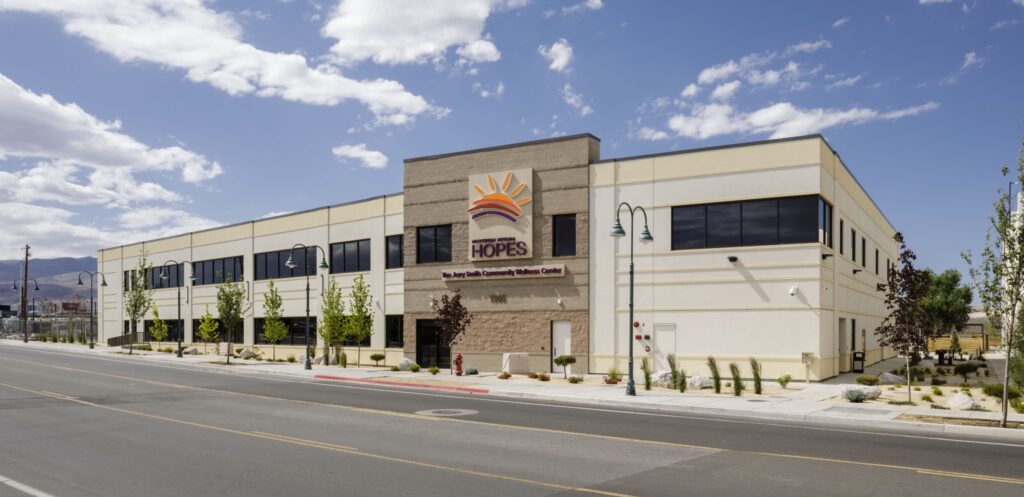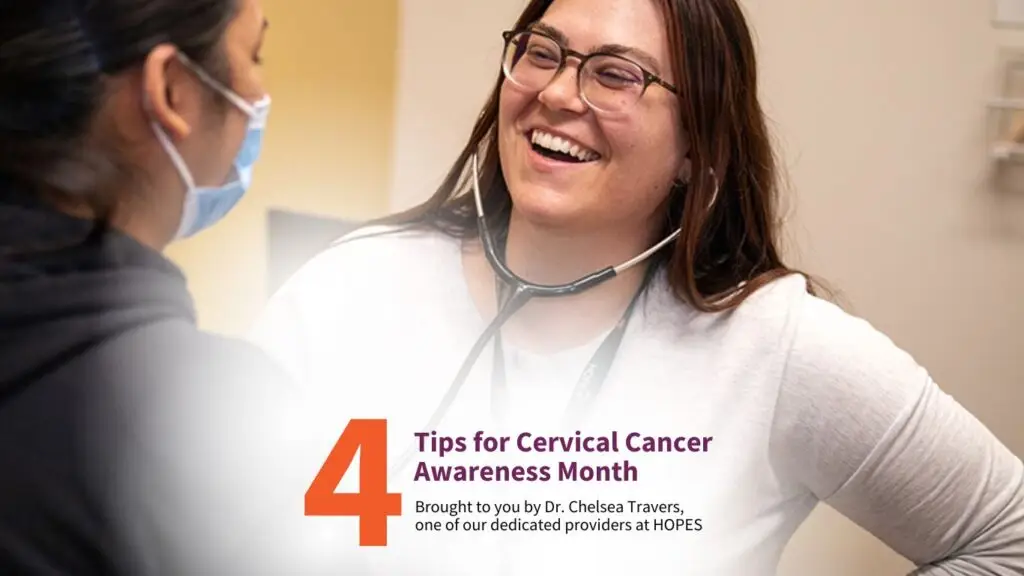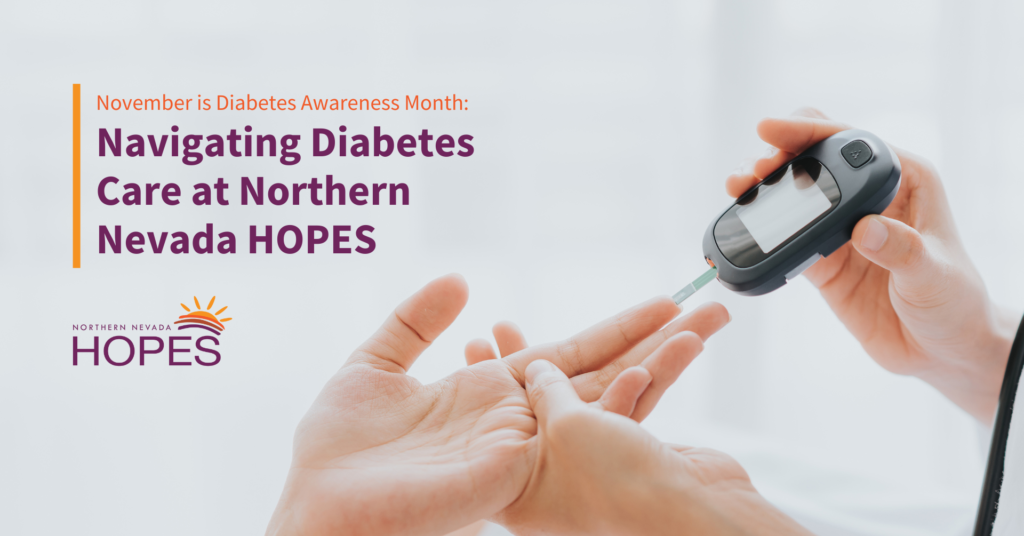What is RSV?
- Respiratory syncytial (sin-SISH-uhl) virus, or RSV, is a common respiratory virus that usually causes mild, cold-like symptoms. Unfortunately, it can drop into the lungs in vulnerable people. RSV is the most common cause of bronchiolitis (inflammation of the small airways in the lung) and pneumonia (infection of the lungs) in children younger than 1 year of age in the United States.
What are symptoms of RSV?
People infected with RSV usually show symptoms within 4 to 6 days after getting infected. Symptoms of RSV infection usually include:
- Runny nose
- Decrease in appetite
- Coughing
- Sneezing
- Fever
- Wheezing
Who can get it?
RSV can spread when:
- An infected person coughs or sneezes
- You get virus droplets from a cough or sneeze in your eyes, nose, or mouth
- You have direct contact with the virus, like kissing the face of a child with RSV
- You touch a surface that has the virus on it, like a doorknob, and then touch your face before washing your hands
What are ages most affected?
RSV can be dangerous for some infants and young children. Each year in the United States, an estimated 58,000-80,000 children younger than 5 years old are hospitalized due to RSV infection. Those at greatest risk for severe illness from RSV include:
- Premature infants
- Infants, especially those 6 months and younger
- Children younger than 2 years old with chronic lung disease or congenital (present from birth) heart disease
- Children with weakened immune systems
- Children who have neuromuscular disorders, including those who have difficulty swallowing or clearing mucus secretions
When should you be concerned?
Infants who get an RSV infection almost always show symptoms. This is different from adults who can sometimes get RSV infections and not have symptoms.
In very young infants (less than 6 months old), the only symptoms of RSV infection may be:
- Irritability
- Decreased activity
- Decreased appetite
- Apnea (pauses in breathing more than 10 seconds)
In any age person, you should be concerned if the person is having difficulty drinking fluids or breathing. This may include noisy breathing or using small chest muscles that aren’t usually used to breathe when someone is healthy.
In extreme cases, a very sick person with RSV might become less responsive or lethargic.
What should you do if you are concerned?
- Call your provider
- Call 911 if a person can’t breathe or is unresponsive.
- Go to the emergency in your own vehicle if they are starting to have trouble breathing and/or unable to drink liquids to stay hydrated.



